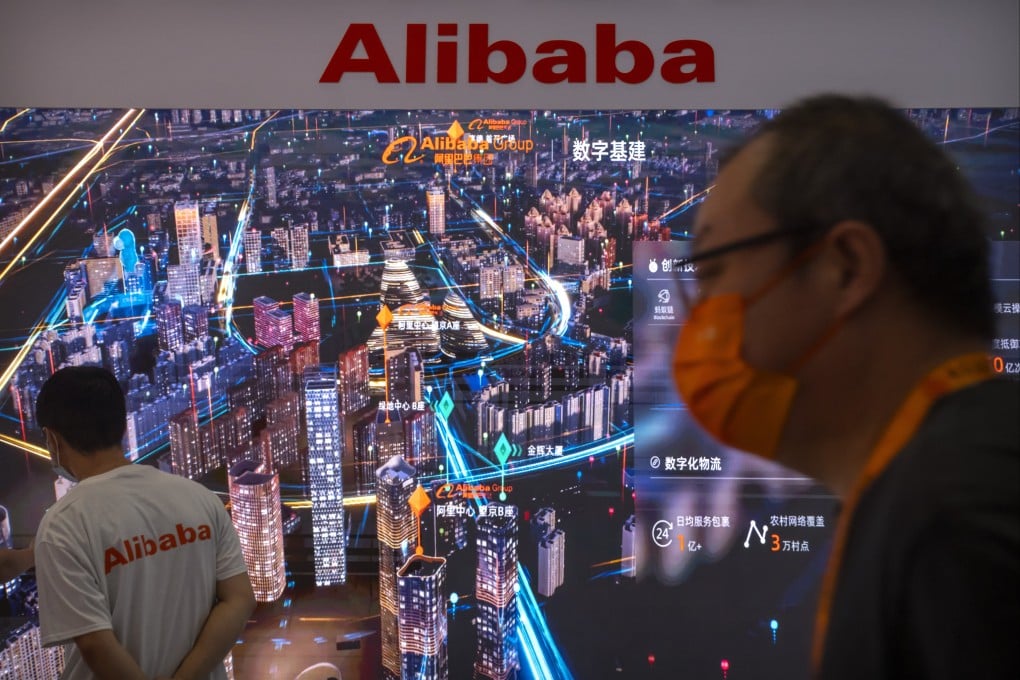Alibaba’s research academy identifies AI applications in science, new photonic chips as top tech trends for 2022
- Of the top 10 fields named by Alibaba, four are closely related to AI, in which China is already a ‘full-spectrum peer competitor’ to the US, according to recent study
- Photonic chips, which use photons instead of electrons to transmit data, are likely to be in widespread use by large data centres within three years, DAMO said

Alibaba Group Holding’s in-house research academy has identified artificial intelligence (AI) in scientific research and photonic chips for data centres as top tech trends to watch for.
In a top 10 list of tech predictions for 2022 and beyond, the DAMO Academy also identified AI applications in renewable energy, robots with “enhanced perceptibility” in pressure, vision and sound, and extended reality (XR) networks as fields of science with great prospects.
“The advancements in digitalisation … and intelligence are redefining a new digital world featuring mixed reality, technological inclusiveness and low-carbon footprint,” Alibaba DAMO Academy head Jeff Zhang said in the report.
The top 10 list was based on a review of 7.7 million scientific papers published over the last three years, an analysis of 85,000 patents and interviews with around 100 scientists, according to DAMO.
The fields identified in the Alibaba report echo areas of science that Beijing is trying to gain leadership in, including AI, big data and high-performance computing.